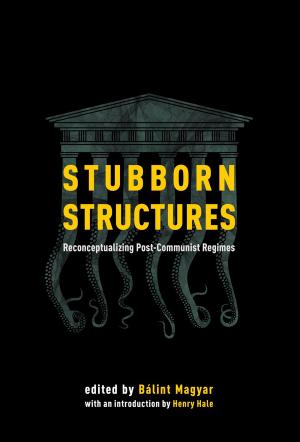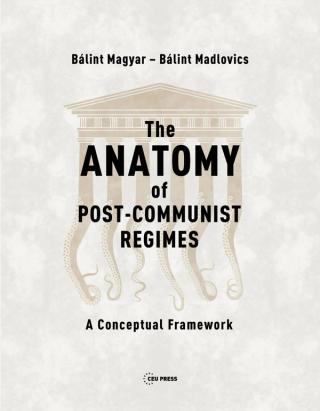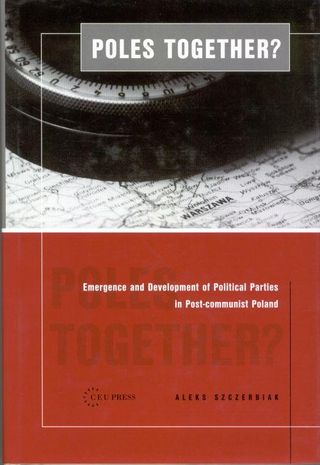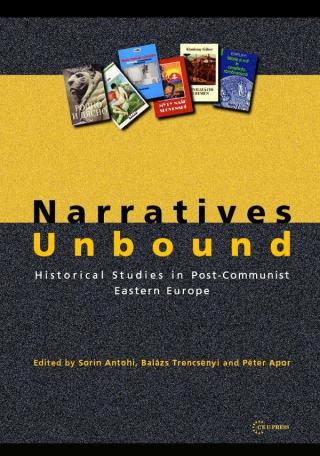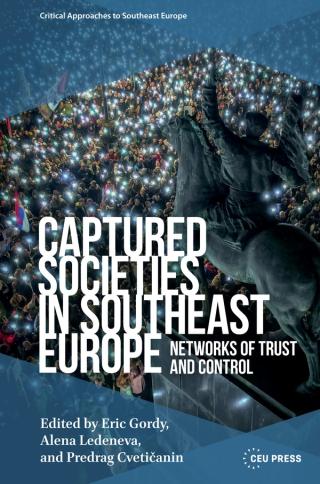List of Figures
List of Tables
Editor’s Preface
PART I. Conceptual Frameworks
Freeing Post-Soviet Regimes from the Procrustean Bed of Democracy Theory
Henry E. Hale
The System Paradigm Revisited: Clarification and Additions in the Light Of Experiences in the Post-Communist Region
János Kornai
Neopatrimonialism in Post-Soviet Eurasia
Oleksandr Fisun
Towards a Terminology for Post-communist Regimes
Bálint Magyar
PART II. Actors of Power
Putin’s Neo-Nomenklatura System and its Evolution
Nikolay Petrov
Republic of Clans: The Evolution of the Ukrainian Political System
Mikhail Minakov
Is Belarus a Classic Post-Communist Mafia State?
Uladzimir Rouda
The Romanian Patronal System of Public Corruption
László Nándor Magyari
PART III. Techniques and Tools
The Russian Party System
Zoltán Sz. Bíró
The Belarusian Non-Party Political System: Government, Trust and Institutions, 1990–2015
Andrei Kazakevich
Illiberal State Censorship: A Must-have Accessory for Any Mafia State
Miklós Haraszti
Disarming Public Protests in Russia: Transforming Public Goods into Private Goods
Dumitru Minzarari:
PART IV. Wealth and Ownership
The Institution of Power and Ownership in the Former U.S.S.R: Origin, Diversity of Forms, and Influence on Transformation Processes
Andrey Ryabov
Russia’s Network State and Reiderstvo Practices: The Roots to Weak Property Rights Protection after the post-Communist Transition
Ilja Viktorov
From Free Market Corruption Risk to the Certainty of a State-Run Criminal Organization (using Hungary as an example)
Bálint Magyar
PART V. Contrasts and Connections
Belarus, Russia, and Ukraine as Post-Soviet Rent-Seeking Regimes
Alexei Pikulik
The Structure of Corruption: A Systemic Analysis
Sarah Chayes
The New East European Patronal States and the Rule-of-Law
Kálmán Mizsei
Parallel System Narratives—Polish and Hungarian Regime Formations Compared
Bálint Magyar
List of Contributors
Index
Appendix

